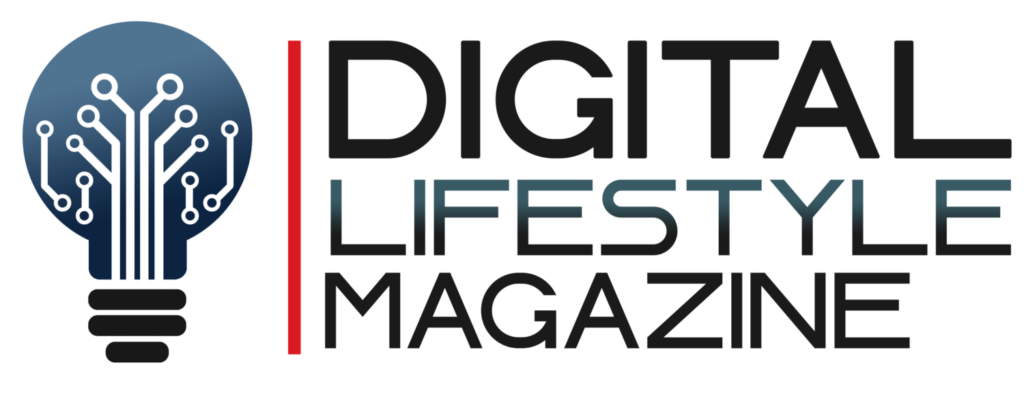Women’s health can be complicated. Our hormones can dictate many areas of our lives, including our hair, skin, and nails. One specific complication is postpartum hair loss following the birth of a baby. All women (to a certain extent) will experience this phenomenon after having a baby, but some women will notice it much more than others. While it is unavoidable, you can easily make it through a few months of uncomfortable hair loss with proper care and a willingness to try different products and styles. It is most helpful to understand that you won’t be going through this journey alone, and there are several useful tricks and tools available to you.
Table of Contents
Hair Loss Is Completely Normal
Postpartum hair loss is normal and shouldn’t be feared. It usually begins within five months of giving birth and slows down for most women about three months later. This is because most of your hair is constantly going through active growth, with a small percentage existing in a resting phase. At the end of the resting phase, your hair will fall out either independently or through brushing. This hair will then be replaced with actively growing hair, and the process starts over.
How Pregnancy Affects Your Hair
When you’re pregnant, your estrogen levels naturally rise. These elevated estrogen levels prolong the growing phase. You may even notice your hair looking thicker and fuller than ever before. Following your pregnancy, these estrogen levels drop, forcing more hair into the resting stage than usual. This is the cause of what appears to be excessive hair shedding that is understandably problematic. It is important to remember that this will slow down within a few months. If it doesn’t, you may be experiencing other issues unrelated to your pregnancy.
Hair Care Options
There is no way to stop this process completely, but there are products you can try to help you move through the process faster or make the loss less noticeable. If you are worried about postpartum hair loss, you can try:
- Volumizing shampoos and conditioners: These specific products tend to be made with lighter ingredients that won’t weigh your hair down. They also include ingredients such as proteins that coat your hair, providing a fuller appearance.
- Eat a well-balanced diet: There is evidence that low vitamin D and other nutrients could contribute to hair loss. While there is no solid evidence, there are also no adverse side effects to eating well, and supplements could help in other areas of your life.
- Consider a new style: Odds are your hairstylist has seen this happen to several clients. Together you can consider different styling options or hair care products that could help. Also, most women who notice hair loss tend to have longer hair. This could create the perfect situation to give a shorter hairstyle a try. Especially with a new baby on your hands, the less worry and care your hair needs, the better.
- Be gentle: Be careful of how often and how aggressively you are brushing your hair. Also, be mindful of heat damage from hair dryers and flat irons. You may also want to avoid chemicals such as dyes or specific treatments.
- Avoid conditioning shampoos and intensive conditioners: These products are filled with heavy ingredients. These ingredients can weigh your hair down, making it appear limp and lifeless.
This Journey Will End
Experiencing hair loss can feel overwhelming and stressful. It is crucial to remind yourself that this happens to other women after having a baby. It is entirely normal and part of the process of our body’s estrogen levels returning to normal. Understanding the differences in women’s health can help alleviate any anxiety this period could cause. This hair shedding will slow down and return to normal levels.
In the meantime, don’t be afraid to switch up your hair care products for those that provide relief and aid for this specific condition. By your baby’s first birthday, this struggle will most likely be a thing of the past. However, if your hair loss continues, it would be a good idea to meet with your doctor or a dermatologist. Hair loss could signify a different condition that needs specific treatment.


